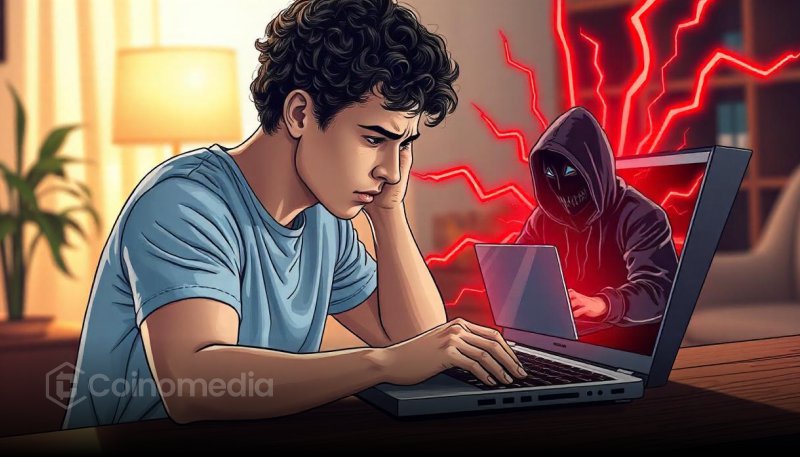
- Scammers use zero-value transfers to plant fake addresses.
- Fake addresses resemble real ones to mislead users.
- Always verify the entire wallet address before sending funds.
Address poisoning scams are the latest trick scammers are using to target crypto users. These scams involve sending zero-value transactions from a wallet address that closely resembles a legitimate one. These transactions appear in the victim’s wallet history, creating confusion when they try to copy-paste an address for future transfers.
Because many users only check the first and last few characters of an address, it becomes dangerously easy to mistake the scammer’s address for the real one. Once this happens, funds can be mistakenly sent to the wrong address—permanently lost.
Why Zero-Value Transfers Are Dangerous
These fraudulent transactions carry no monetary value, so they often fly under the radar. Scammers rely on users’ habits—like copying previously used addresses from transaction histories—making this scheme particularly effective. Even experienced crypto holders can fall for this if they’re in a rush or distracted.
Since blockchain transactions are irreversible, sending funds to a fake address means there’s no way to recover them. That’s what makes address poisoning scams both simple and devastating.
How to Stay Safe
Protecting yourself is straightforward but requires consistent attention:
- Always verify the entire wallet address before sending any funds.
- Use secure address books or whitelisting features offered by wallets and exchanges.
- Be skeptical of unexpected transactions, even if they look harmless.
- Avoid copying addresses from recent transactions unless you’re certain of their source.
Address poisoning scams rely on human error. With a few precautions, you can stay one step ahead.
Read Also :
- Japan Eyes First Interest Rate Hike in 11 Months
- Firms Now Hold Over 1M BTC in Massive Adoption Shift
- US Keeps Nasdaq 100 Strategy Intact
- Massive $90B Drop Shocks Crypto Market
- Trump Wants Interest Rates at 1% by 2026



